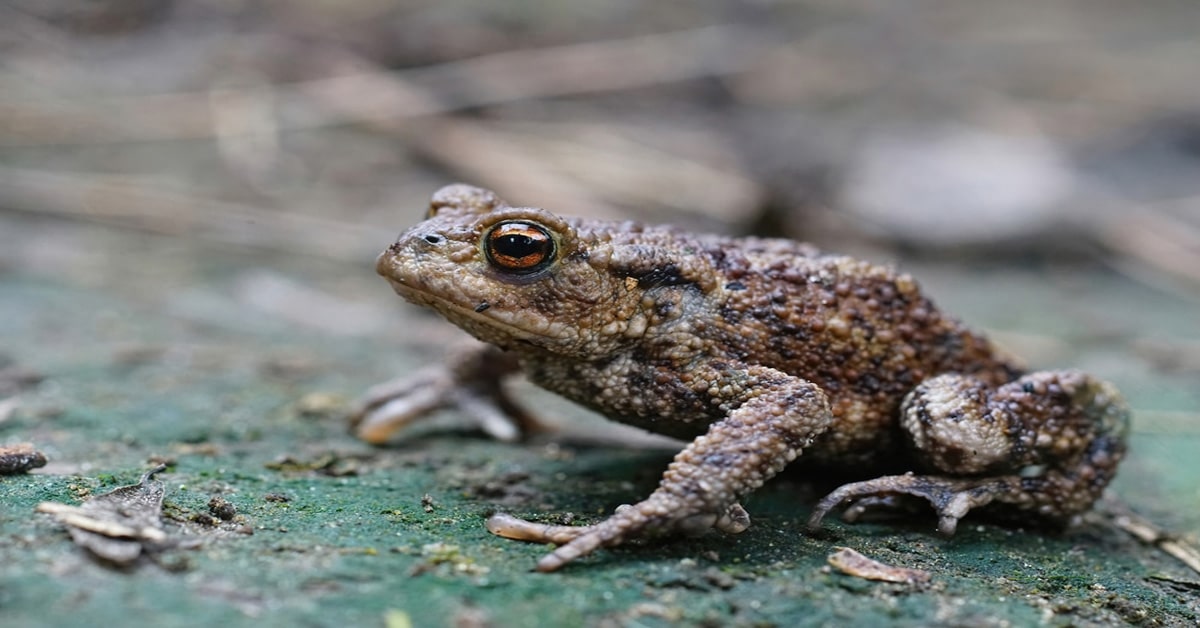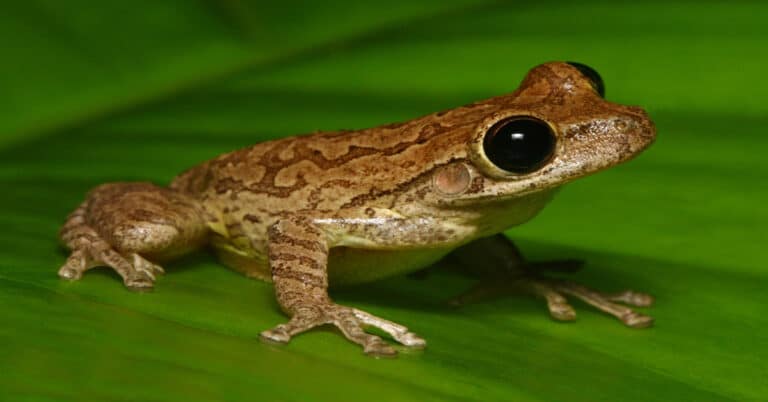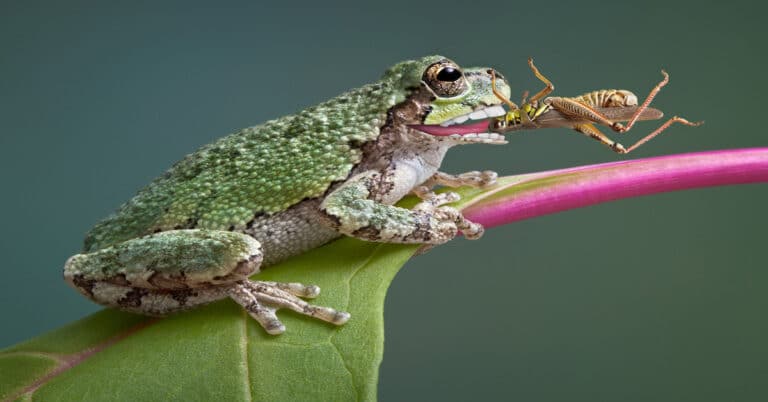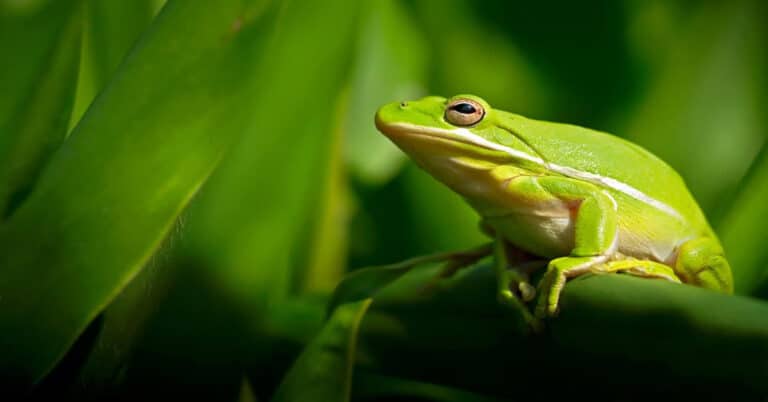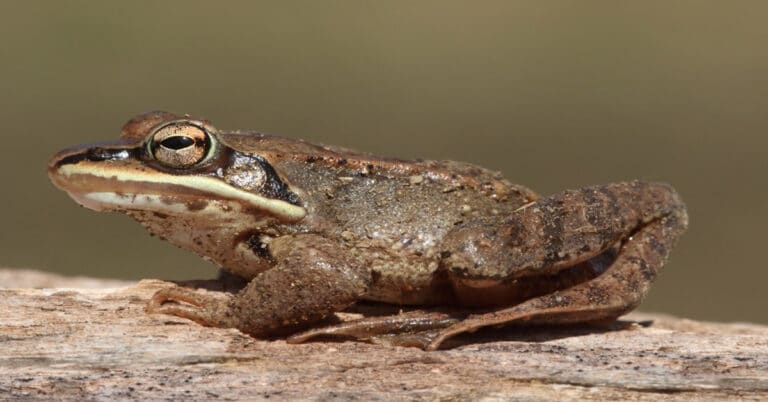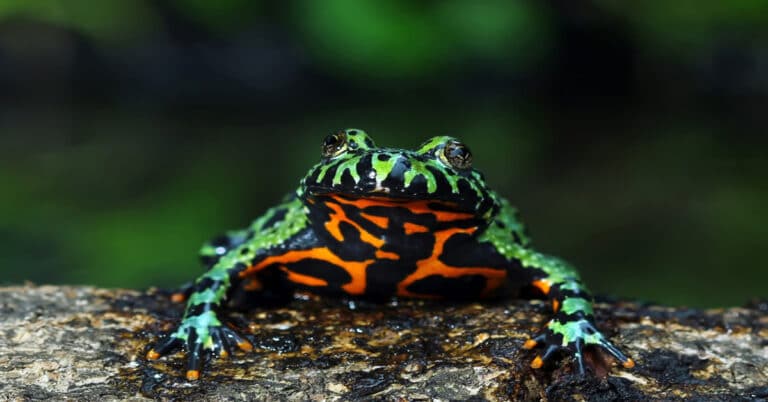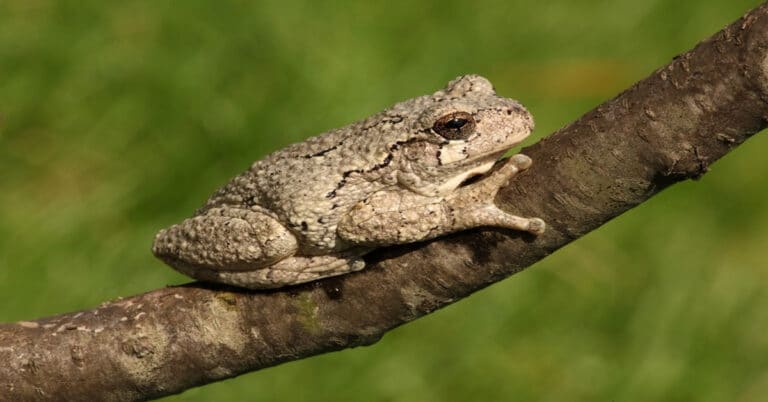Common Toads
A toads, a toad, don’t you know? Well what is a common toad? A toad? Let’s learn more about common toads.
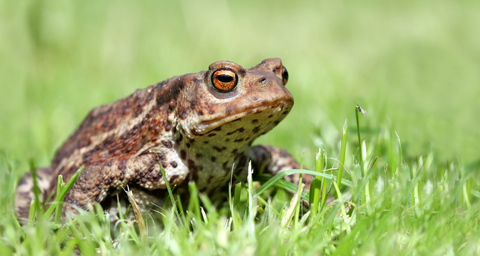
What is a Toad?
Toads are amphibians and are closely related to frogs. This means they live in the water as juveniles before moving to land for adulthood. When they are young and live in the water, common toads are called tadpoles. These tadpoles are dark in color and are short and stout when compared to frog tadpoles.
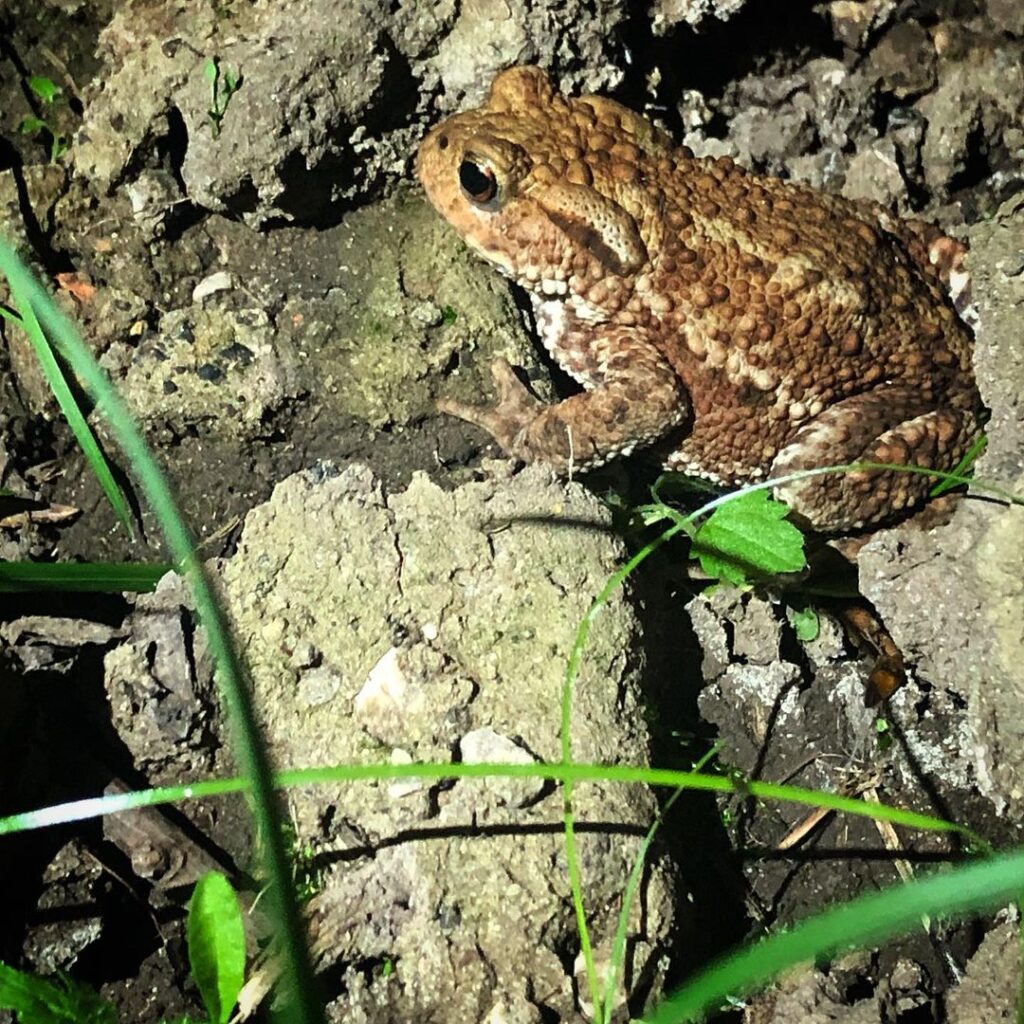
Quick Stats and Identification
Common toads are a medium sized toad and grow anywhere from 8-13 cm long. Common toads can weigh up to 80 g and can live up to 4 years old. Toads have warty, dry skin and crawl around instead of hopping like their frog relatives.
They are brown or green colored; the exact color actually depends on the color of the soil where the toad lives. Their skin color acts as a camouflage to help protect them from predators, but it might also make it hard for you to find them! Have you found a common toad in the wild or seen one in a zoo? You may notice that they are, indeed, difficult to spot amongst their habitat.
Listen close, you might be able to find a common toad from hearing their calls. Their call sounds like “squack” and is very high-pitched. The eyes are of a common toad are golden and oval-shaped with a horizontal pupil.
Habitat and Where to Find

Common toads live throughout the United Kingdom. However, they are not found in Ireland. As shown in the photo, they are found in other areas of Europe and a small area of Africa. Common toads breed in water, so you can find them by ponds and streams. You may also find common toads in prairies and woodlands.
Breeding and Life Cycle

In the spring, the toads will migrate from their winter homes to the water. They will return to the same bodies of water every year! After finding a mate, the males will jump on the females back. She then will lay the eggs as he fertilizes them, called spawning. She will wrap the eggs around nearby plants.
It will take anywhere from 2-4 weeks for the eggs to hatch after they are laid. The warmer and more damp the weather is will speed up this process. The common toad tadpole stage is around 16 weeks where they will begin to grown their back legs. Their front legs will grow next. The tadpoles are black in color.
In the summer, their tails will be absorbed by their bodies. This will give them a protein boost! At this point, they are called toadlets. Toadlets look like adult common toads, but they are just smaller. During this time, they will be focused on hunting and feeding as the summer goes on. Common toads will not be moving around very much and may stay in the same spot the entire season.
During fall, the toads will be preparing for the winter. Again, this includes eating and hunting for food. They will also be scoping out places to live during the winter. Common toads may even migrate to a specific place each year to prep for and stay during the cold months.
Lastly, in the winter common toads will live somewhere where they can be covered by nature. This could be in mud, deadwood, or even compost piles. If the weather warms up, they may venture out and forage, but mostly they stay where they are. Remember, common toads are cold-blooded, so their internal temperature matches their surroundings. If it is zero degrees outside, they will not be moving!
Fun Facts
An interesting fact about common toads is that they secrete a toxic substance from their skin. The substance does not taste good and helps protect them from getting eaten. Predators of the common toad include otters and other small carnivores.
Common toads are mostly nocturnal. This means they sleep during the day and are awake at night. During the dark hours, they feed on insects, slugs, spiders, larva, and worms. Are you ever up in the night like common toads? Would you like to eat what common toads eat?
During the winter, common toads actually hibernate, like bears! What is hibernation? It means their body slows down and they are basically in a sleep state during the cold months. That is a long nap!
Conservation
While the common toad isn’t critically endangered, their numbers are declining. There are a few different factors as to why. A threat to the common toad species is habitat loss. They are in need of more wetland areas to breed, mostly due to these places being taken away for city expansion. Highways and traffic are also detrimental to the common toad during their times of migration.
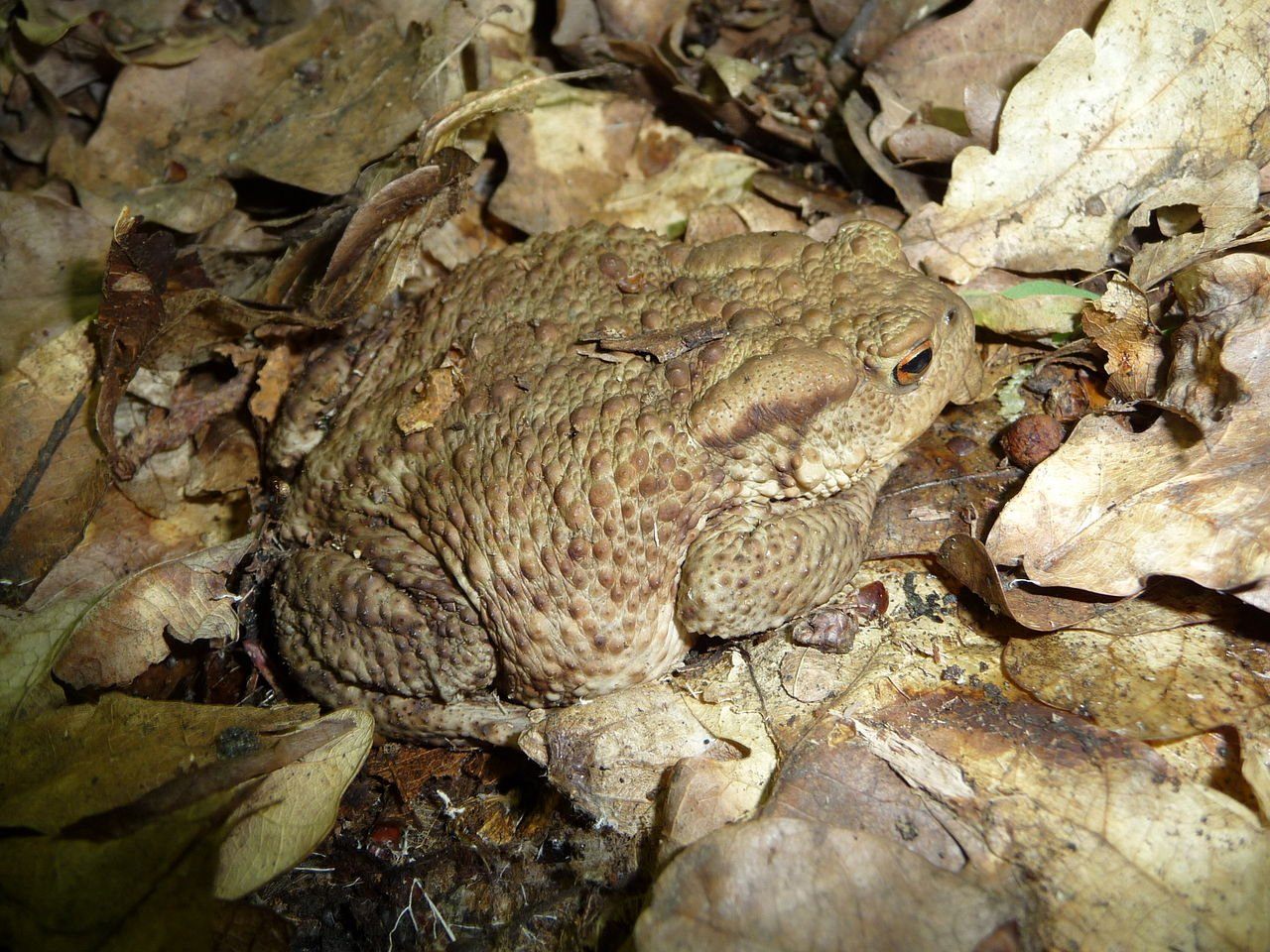
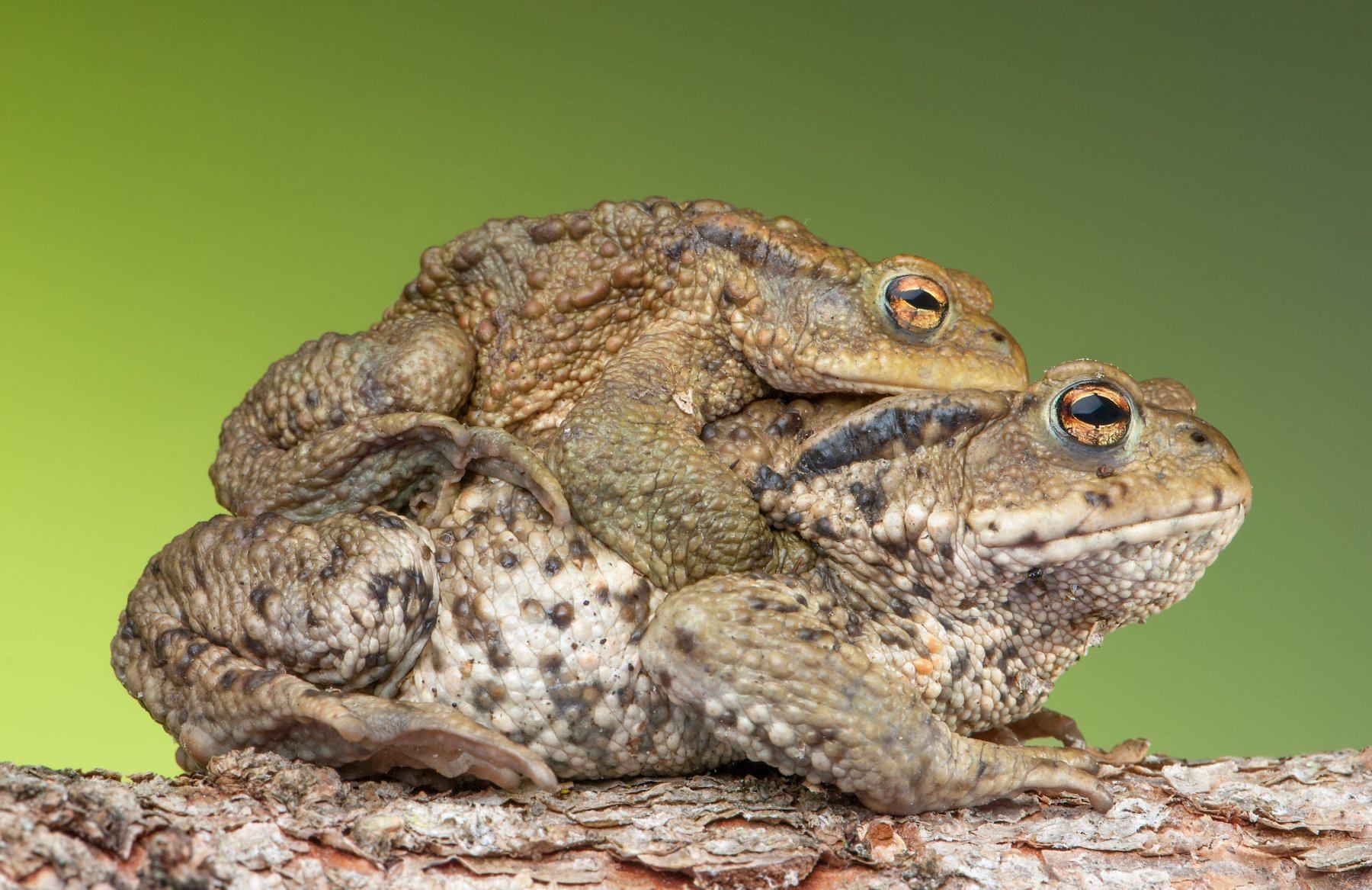
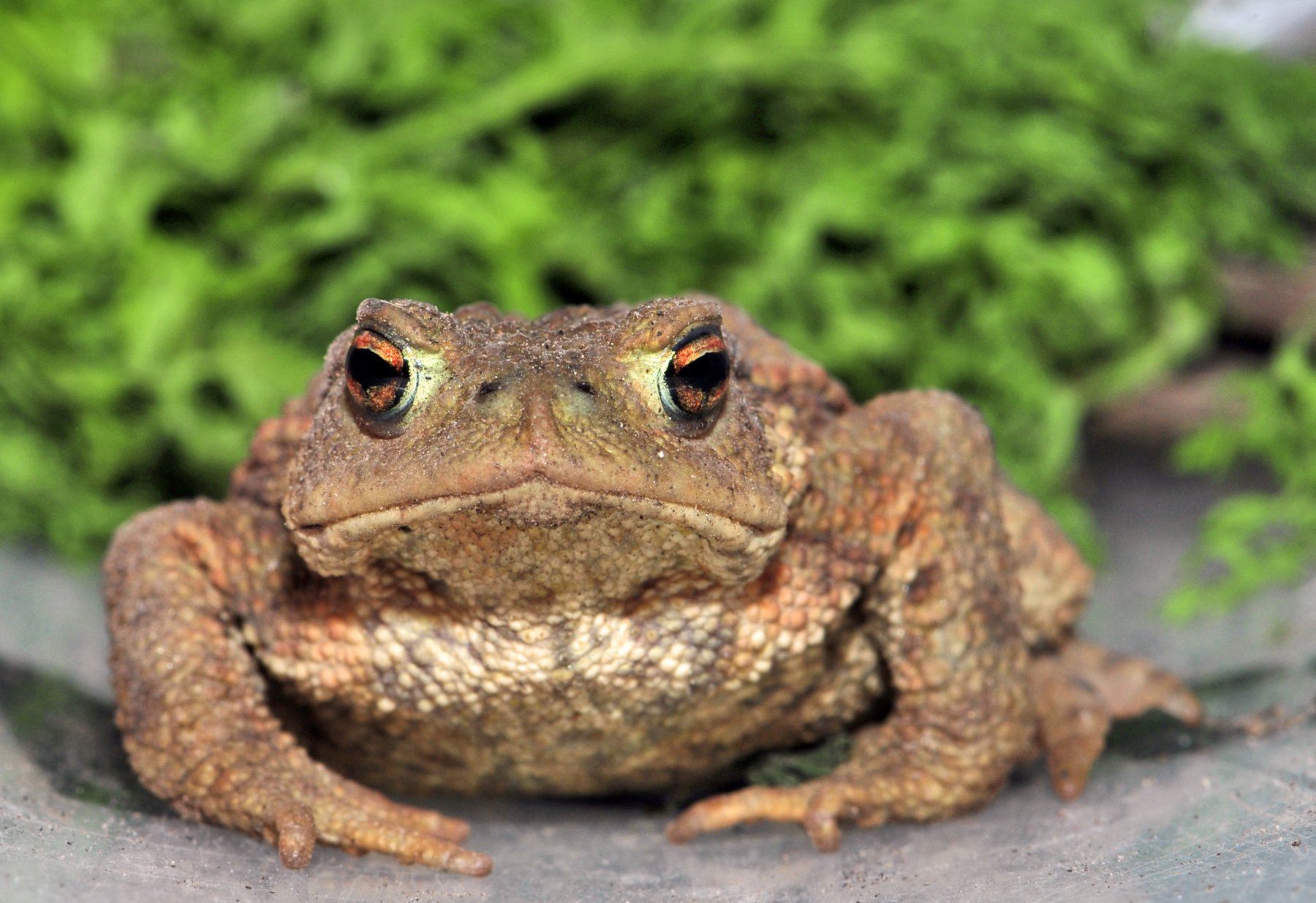
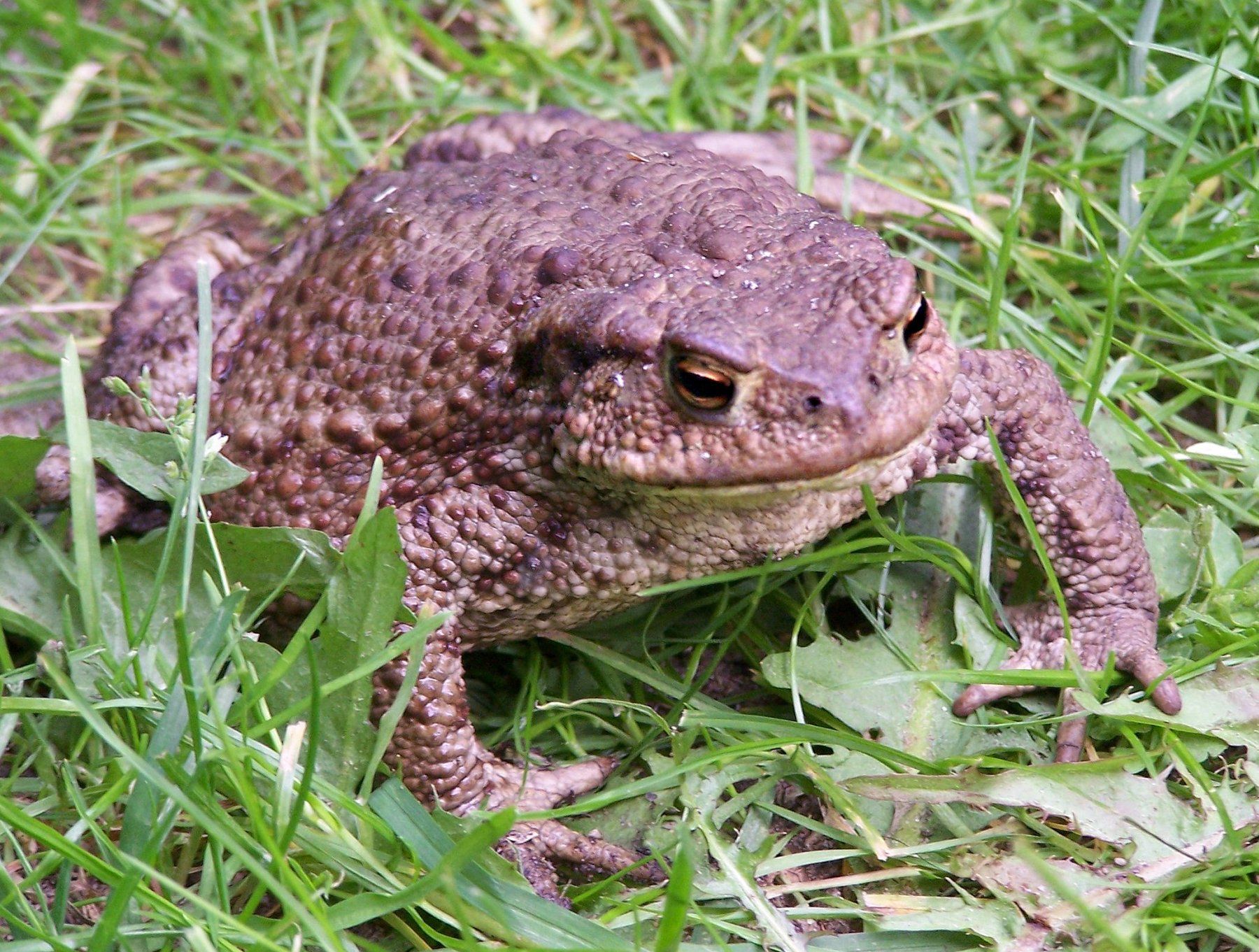
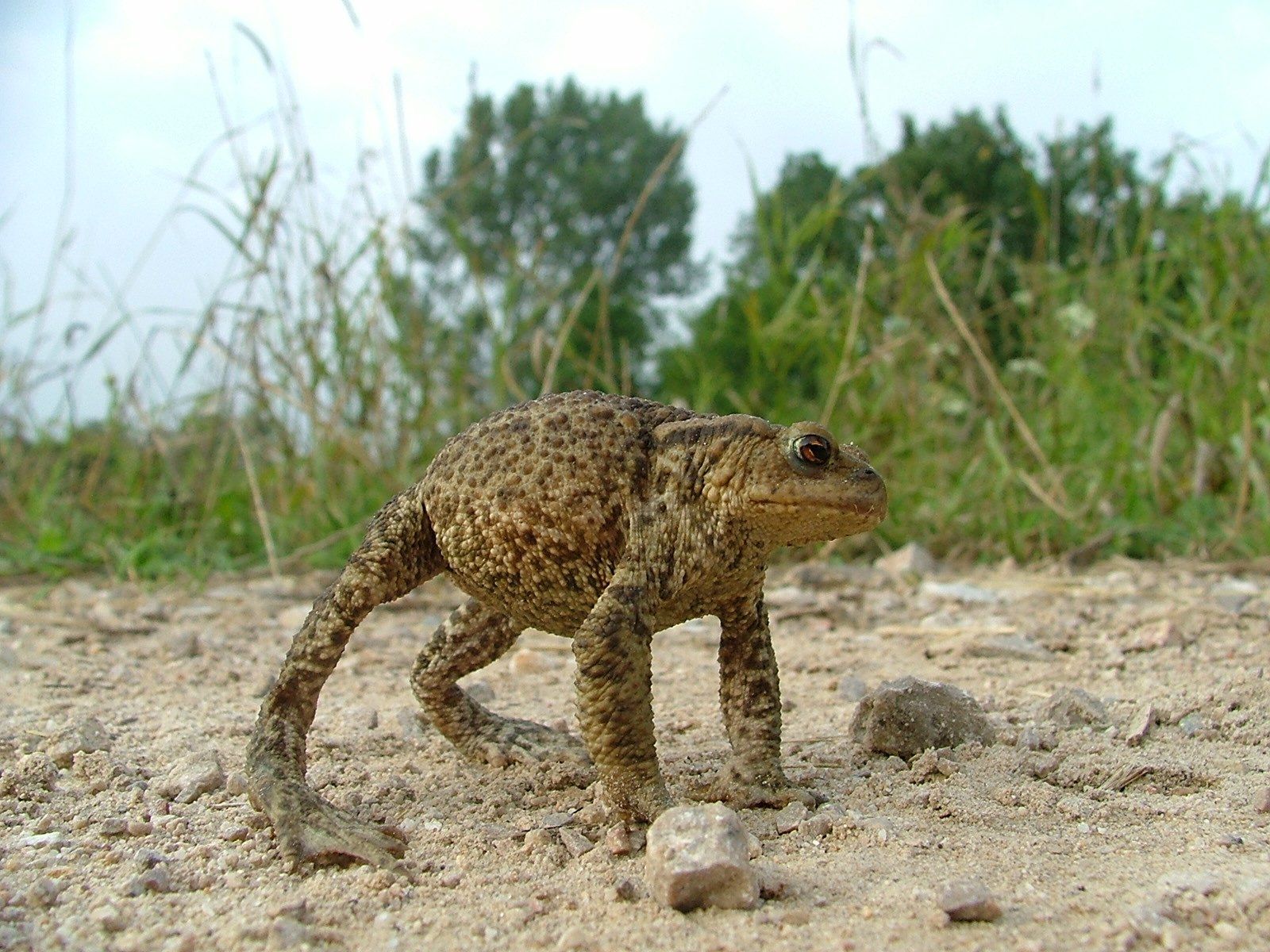
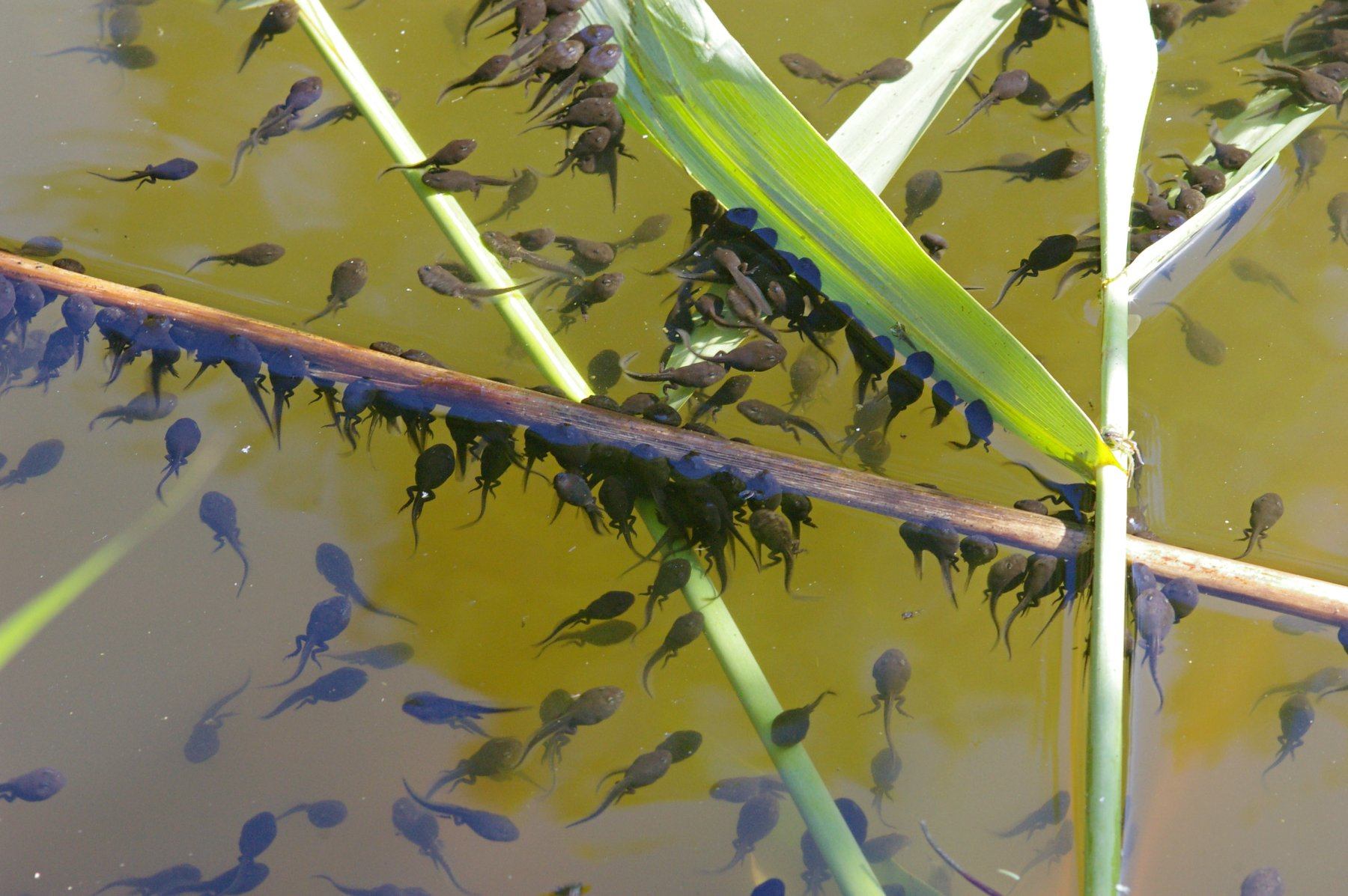
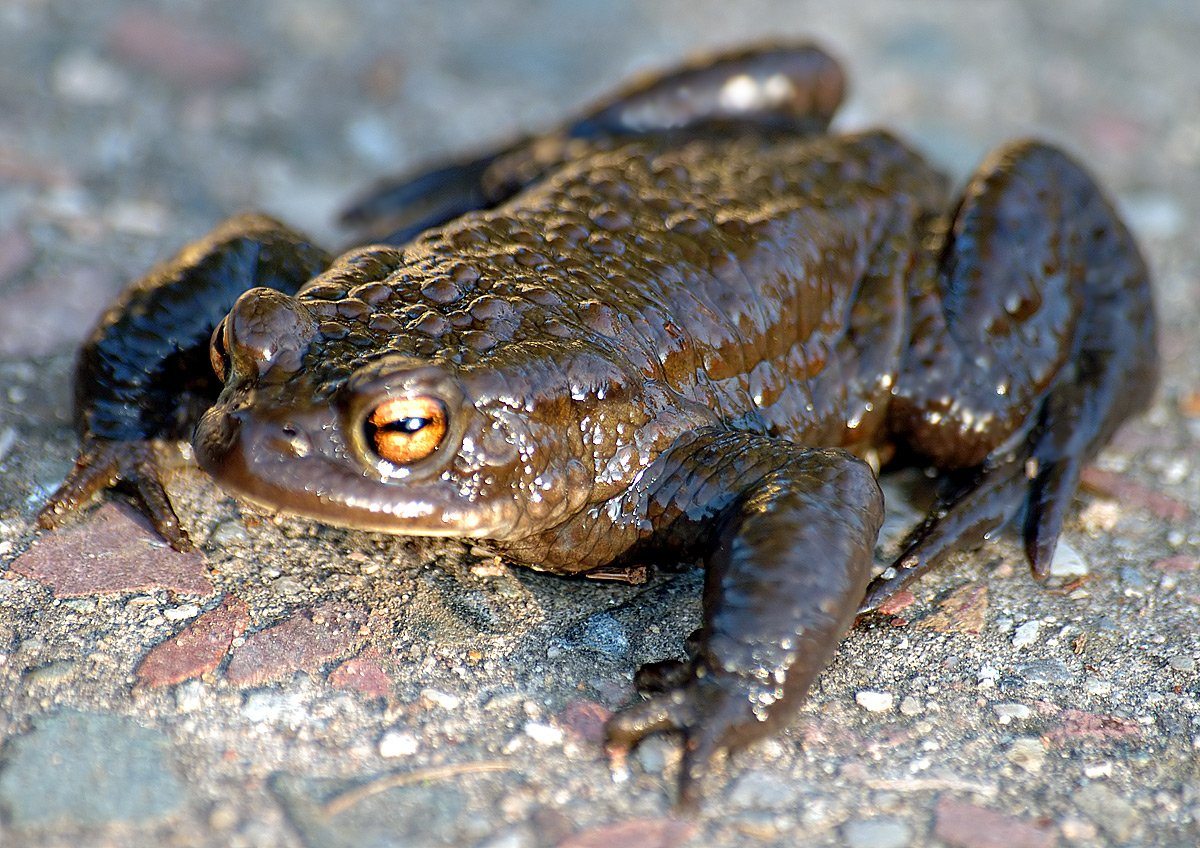
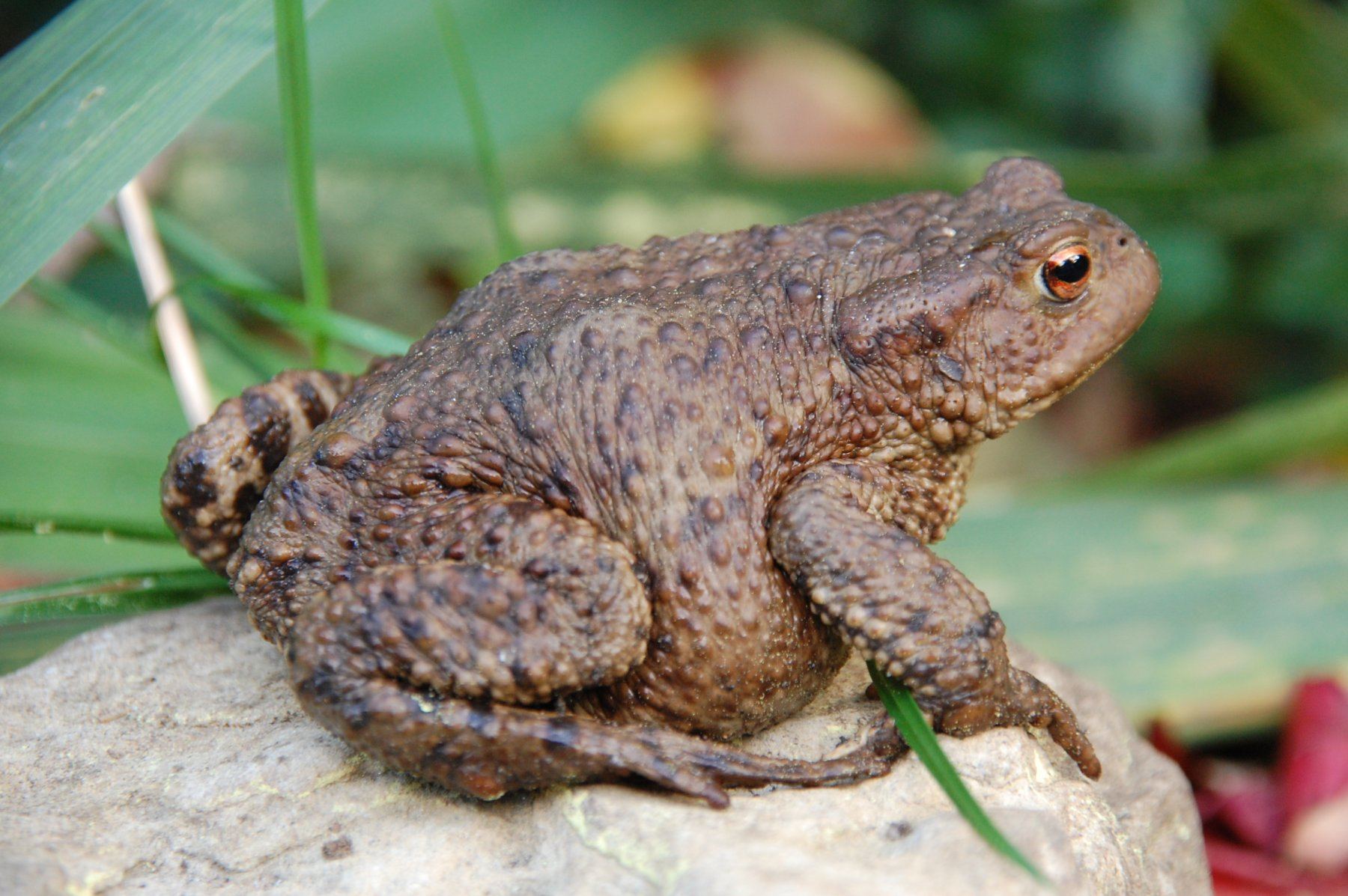
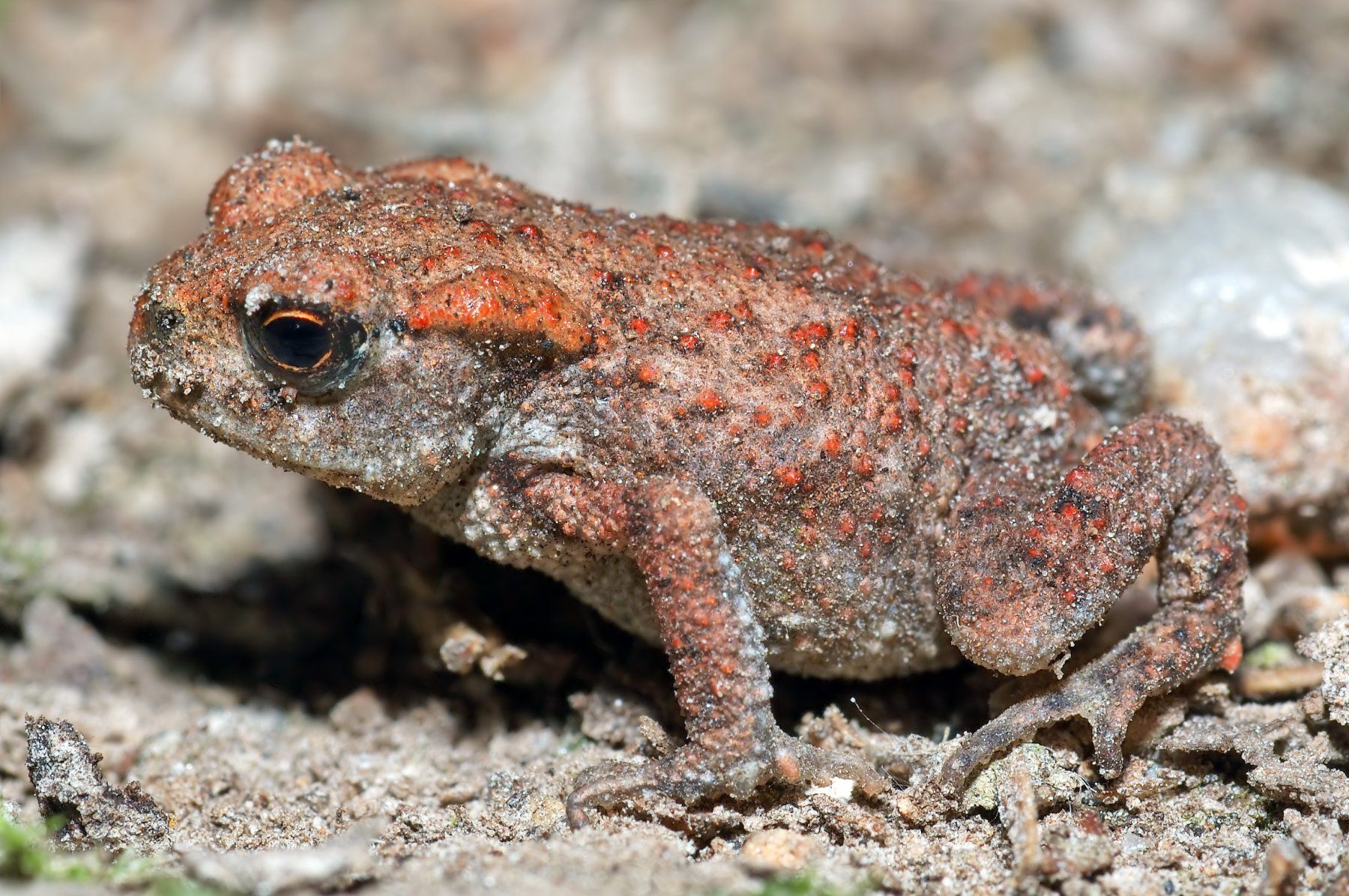

Having discovered a fondness for insects while pursuing her degree in Biology, Randi Jones was quite bugged to know that people usually dismissed these little creatures as “creepy-crawlies”.

